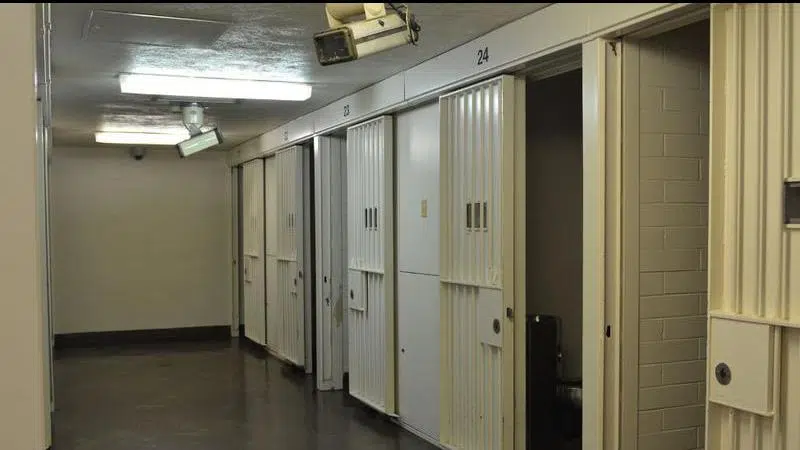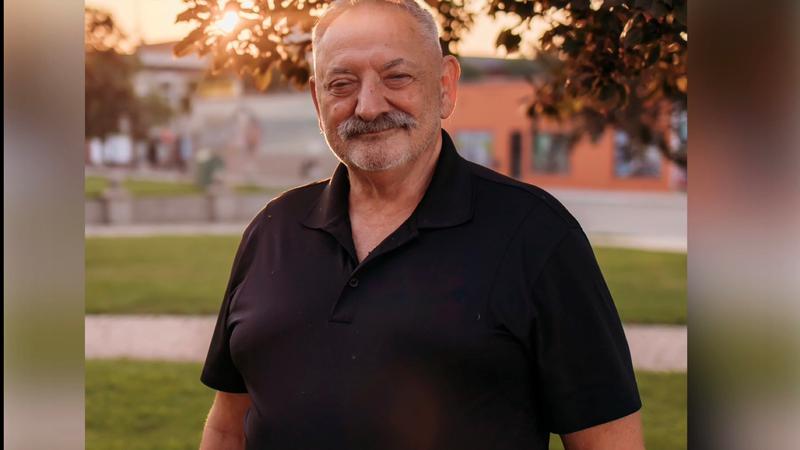
Officers who supervised inmate before his death testify in inquest
Two men who had contact with Ryan Kereluk on the morning of his death were on the witness stand Wednesday morning at a coroner’s inquest held at Prince Albert Court of Queen’s Bench.
The 34-year-old was found unresponsive in his cell at the Prince Albert Police Service on May 18, 2018 and later died in hospital. Kereluk was arrested May 16, after officers executed a search warrant at a Sixth Avenue West home.
Sgt. Brandon Mudry, an 18-year member of the Police Service, was the sergeant in charge of cells on the morning of May 18, and facilitated a transfer between cells at 4 a.m. when Kereluk’s cell flooded.
Mudry testified Kereluk, while frustrated with his current situation, appeared sober and was able to move on his own accord. Mudry said Kereluk stepped over the water when exiting the cell.



